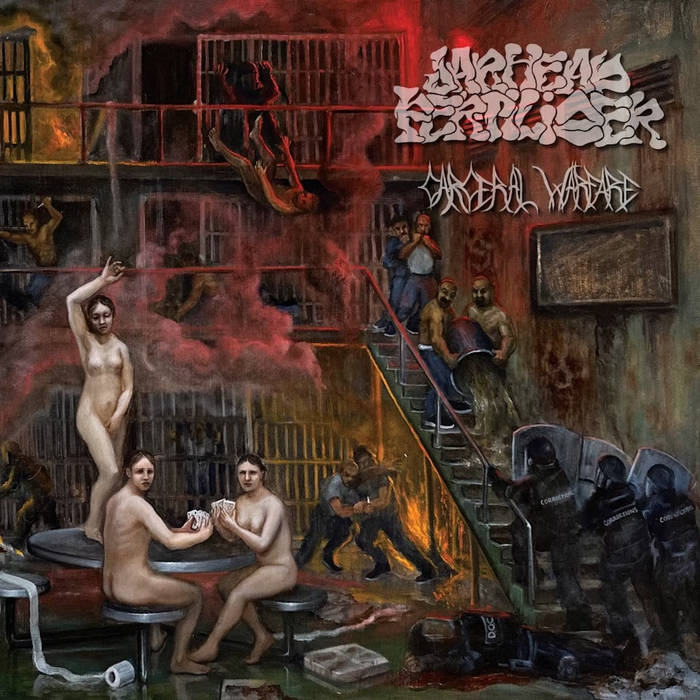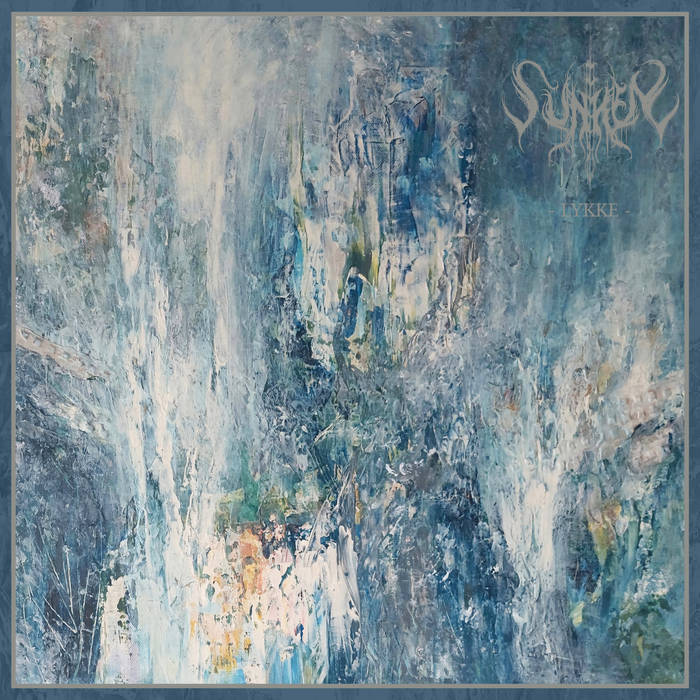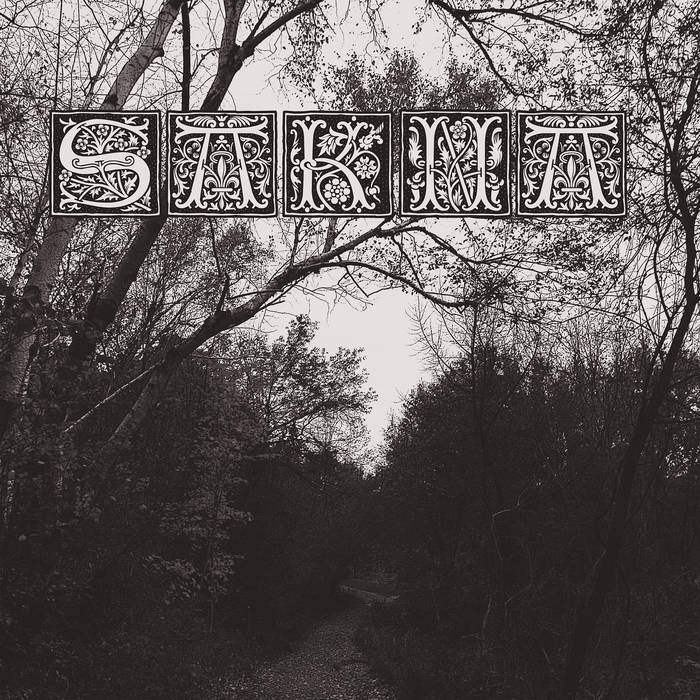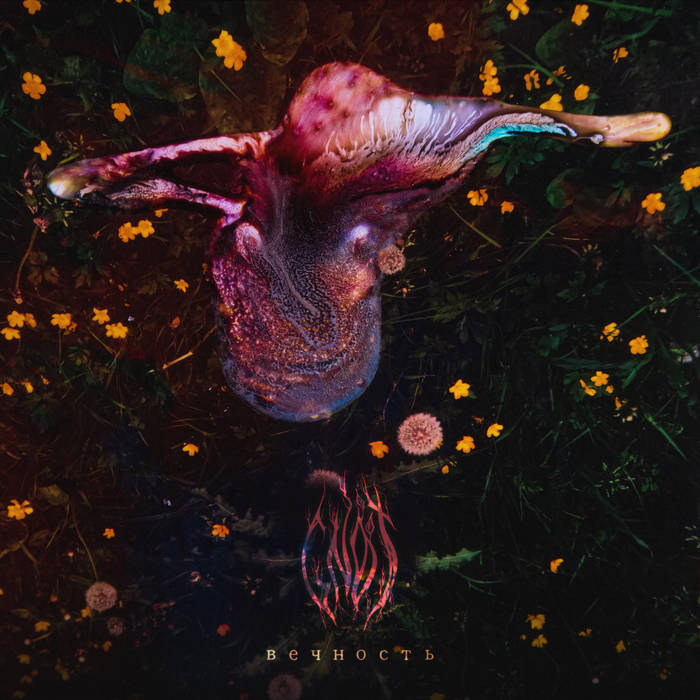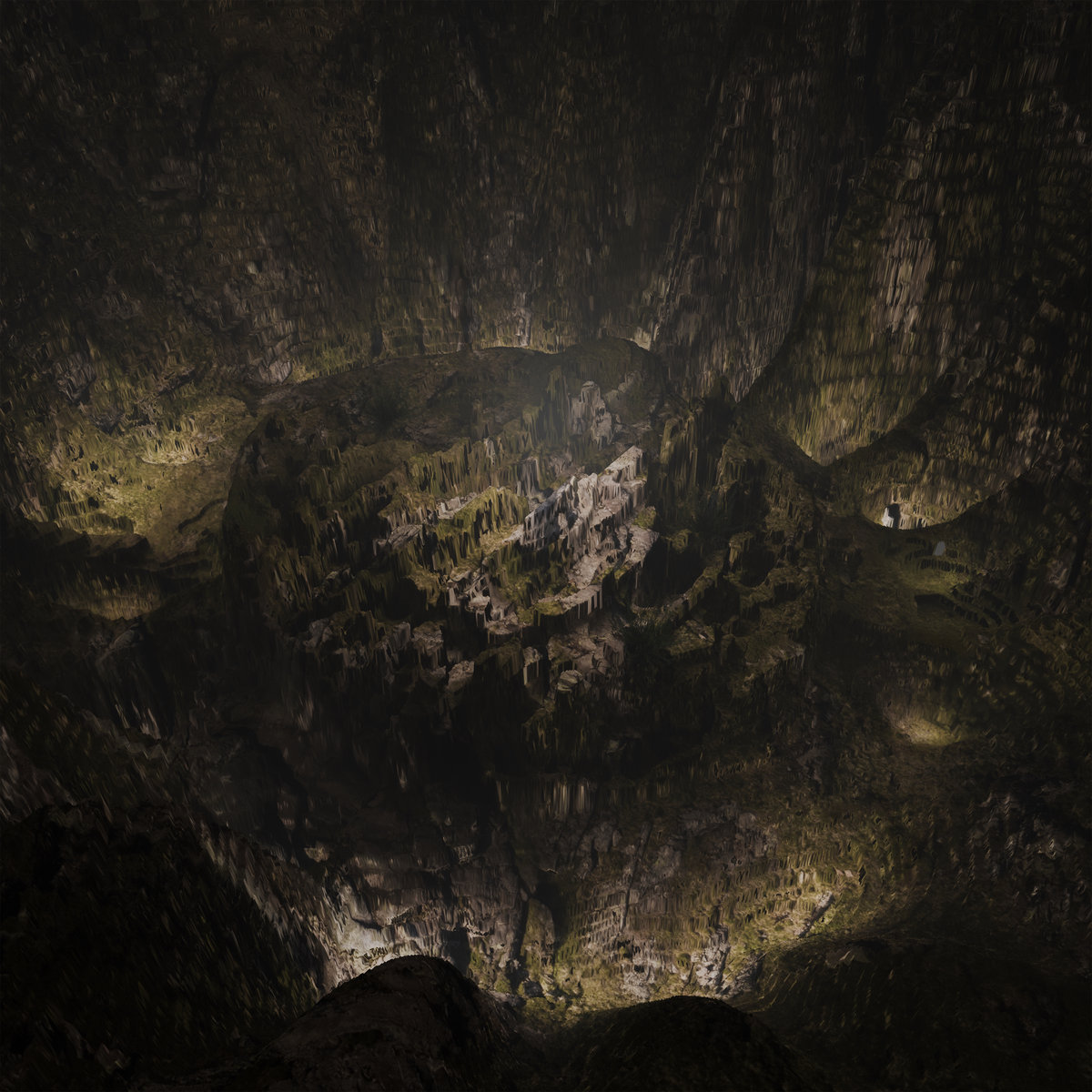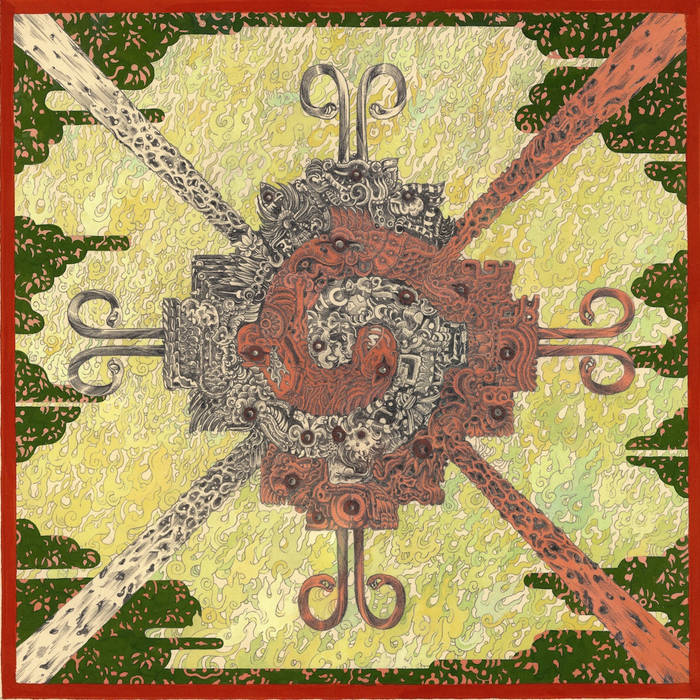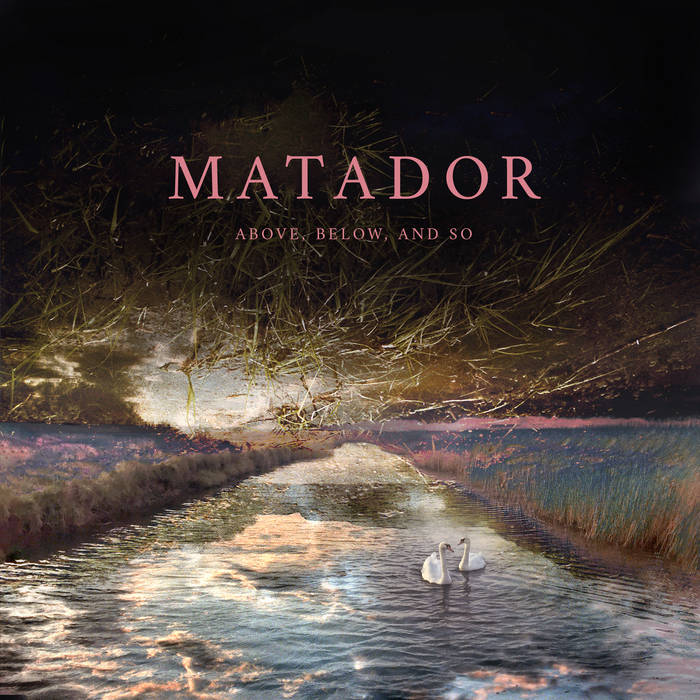Inspired by the ancient deity of Cybele and influenced by the second wave of Black Metal, the Poles discharge their vehement magnus opus in their third full length for those of us who cannot get enough of fierce undulating Black Metal.
The band emerged from Dukla in the Subcarpathian Voivodeship in the southeast of Poland in 2015 with a name in a language of the far North, (Iceland), meaning Cold Winds. And yes, their music embraces the coldness of the Norwegian arpeggios, but the band has unique and quite easily recognizable tone set by the way they induce some progressive elements and how they craft their songs to ooze a certain atmosphere on this third album makes.
They have always used acoustic guitars in their mix but this has evolved in the way it is done on this album. It is more immersed than before and gives a warm touch to the music. Unique is also how they use one slightly higher-tuned guitar to play parallel to the dense and heavy riffing, thus further underlining the melodic theme of each song. Kalt Vindur´s other trademark besides the acoustic guitars is the melodic theme they always compose for every song. No matter how dense the arpeggios or how wavy the heavy tremolos are, there is always a melodic line, even in the hoarse growling vocals.
The album opens with seconds of a dark ambient synthscape, as if they want to evoke the sense of the deity Cybele in the first song ”Magna Mater”. After these seconds they lash out with fast, shimmering cold, aggressive Black Metal - riffs followed by blast beats, rolling bass, and hoarse growls. The music tightens, then there is a subtle shift and the musical scope widens to a warmer sound as one guitar begins to develop an engaging melody in a parallel musical universe. Halfway through, the music halts and the trademark of Kalt Vindur naturally flows in; the creative use of acoustic guitars in their soundscape. Here it widens the sonics as it strums to a low-end bass, synths, percussion, and a hoarse, whispering voice before the music surges back to cold arpeggios and blasts driving the music fast forward, but still with a melodic theme intact.
The drumming on this album is diverse and amazing throughout and you get the first blows on the second track, ”Żywioły”, that opens with riffing guitars before thundering bass drums and tom-toms setting the rhythm and sliding into blast beats driving the dense riffs forward with rolling bass and hoarse growls. On the track ”Agonizing Luminosity” there are also sections of heavy bass drumming followed by the low-end bass. On ”Possessed By Lunacy” the drumming ends the song with impressive hammering beats. During the album´s running time, the drumming is energetic and gives a profound deep dimension to the music. This is quite a feat because, for many Black Metal bands, the overuse of blasts on the snare drum makes it static and airless. But not so on this album, combined with the low-end bass it purveys depth and magnitude to the dense riffs from the guitars by using the blast mostly on bass drums.
The musical flow and the constant shifts between music, almost devoid of air and pauses to wide open spaces for the air to flow in, make it immensely dynamic. And there are some unexpected elements too like in the song ”Bless us” that opens with a thirty-second segment of a choir singing a beautiful melody contrasting the coming aggressive hard riffs, blasting fast rhythm section, arpeggios fused with tremolos. The song shifts and turns between dense parts and open parts. It turns into a repetitive melody before it changes to clean echoing guitars widening the soundscape, then surging back to the hard and dense blasting sonics. A guitar breaks out with a solo and the music simmers down ending with a clean guitar.
The album is filled with musical contrasts and dualities and that is what makes it so engaging. Yes, there is the well-known aggressiveness and ferociousness that comes with Black Metal. It is immaculately performed by every musician in the band. But they contrast this not only with acoustic elements, twists to more open music, high pitched guitar solos but also with the lyrics that have a sense of ancient religious basis; ”In the flames I see the past / Shivering shades calling for remembrance / Dancing in the sun / All the mothers of the generations to come / In the soil I see the dust / Of those who have passed on.” they sing in ”Żywioły”. ”Bless Us” has the lines ”Bless us, o Lord / For we are your children / Discolour our temples / With black blood / Baptize us/With your name.”.
As these are just excerpts, I urge you to get the full lyrics as they give yet another dimension to Kalt Vindur´s music. It is not the frosty nihilistic heathen-based lyrics of the Norwegians emerging in the 90s. Quite the opposite in fact and that is quite compelling. Compelling is also with the album´s last instrumental track ”Mist Over Cergova”. This track is a showcase in how acoustic guitars can be as heavy and dark as distorted electric guitars. They are immersed in dark embracing synths and diverse drumming, even blast beats as the guitars get up to speed playing solo on the strings. The sound that surrounds the guitars is wide-reaching. A shift following a melodic theme on the strings of the guitars is utterly engaging. Furthermore, the bass guitar also takes part in grooving upfront toward the end of this album full of miraculously arranged misty ambiance.


